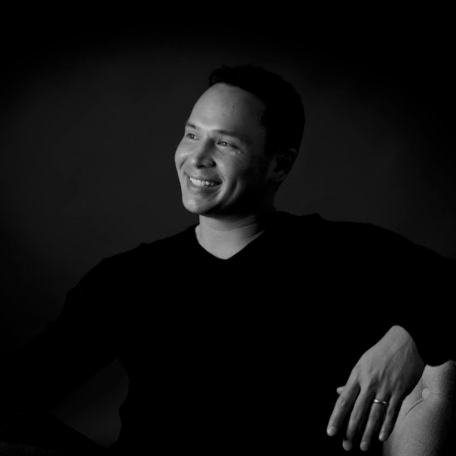Venture Capital's Accuracy Problem
Let’s face it, venture capital has never been an accurate science. That’s because it’s inherently about prediction. Sure, there’s a fixed, decision-making process but often times it’s simply an educated guess. That might explain why around 75% of VCs lose money and why the industry as a whole only attracts 0.6% of global assets under management. But there are ways to improve accuracy and when that happens, it’ll mean better VC performance, more industry cash flow and greater startup success.

Thomas Thurston is a venture capitalist & data scientist. He is also the creator of MESE™, a system enabling business leaders to use data science to improve predictions on innovation, VC investments, M&A, products and portfolios. You can read this article in Grow with Tech magazine.
Be the rule, not the exception
VCs tend to attract exceptional talent who are bright, educated, driven and ambitious. Chances are, they’re successful entrepreneurs with highly prized confidence that they can spot winners. It’s the reason why they’re now in a position to help fund other businesses.
But with this kind of talent and success can come overconfidence and a tendency to put too much trust in gut and intuition - a fixation with thinking of themselves as the exception, not the rule. This leads to decision-making based on how they feel about a founder or startup. Instead of they should be concentrating on what characteristics of the startup are statistically predictive (or not) of the quantitative outcomes they’ve set as their benchmark. Think of it like an actuary calculating an insurance premium. Forget about the car’s color or model, it’s about the age, where it’s parked and the owner’s driving record. Put simply, a good actuary knows how to count the things that count.
So, if it predictive accuracy is that important why don’t VCs take a statistical approach? Answer: they don’t know how. For example, they don’t know the specific predictive value of traits hiding in a startup’s business plan or how those variables behave in combination. Essentially, it’s about being able to calculate the odds. If they can’t do this, are they just glorified gamblers?
Instead of being gamblers, VCs need to think and act like casinos. If you’re a casino, you know the odds at every station and every table in your house. You understand how small changes can impact probabilities and you know how to manage the odds. The only thing you really care about is keeping the gambler there as long as possible. And you know if you can do that, the house will always win.
A wake-up call
Highlighting the need for greater accuracy isn’t about chiding the VC industry so much as giving it a wakeup call. Betting on a bunch of feel-good businesses in the hopes that one or two will be successful enough to carry the whole portfolio isn’t much of a strategy, and VCs have been losing a ton of money this way for decades. It’s tantamount to putting coins in the slot machine and crossing fingers in the hope that you’ll hit the jackpot. Instead, VCs need to realize they’re in a game where odds need to be quantified, calculated and statistically structured to maximize upside while mitigating downside. And this can’t be done without math.
In short, VCs must begin to understand the statistical predictive value of criteria within startup business plans, how those criteria interact in combination and the all-important, margins of error. It requires testing and validation analysis, the Scientific Method, data and experimentation – skills most VCs don’t have. However, if VCs are willing to embrace change and become a more robust quantitative discipline, funding great startups can become less of a gamble.
Tags:
LATEST NEWS
Od czego zależy sukces wdrożeń AI? - polskie i amerykańskie trendy w branży tech 24.10.2025
Five highlights from EU Space Days 2025 13.06.2025
🤝 Networking i zabawa na Infoshare 2025 30.04.2025
⭐ Spotkaj liderów innowacji | Keynote Speakers 23.04.2025
🎸 Zagraj na Great Networking Party | Call for Bands 16.04.2025
🏆 Gdańsk Startup Award – Twoja Szansa na Sukces! 09.04.2025

